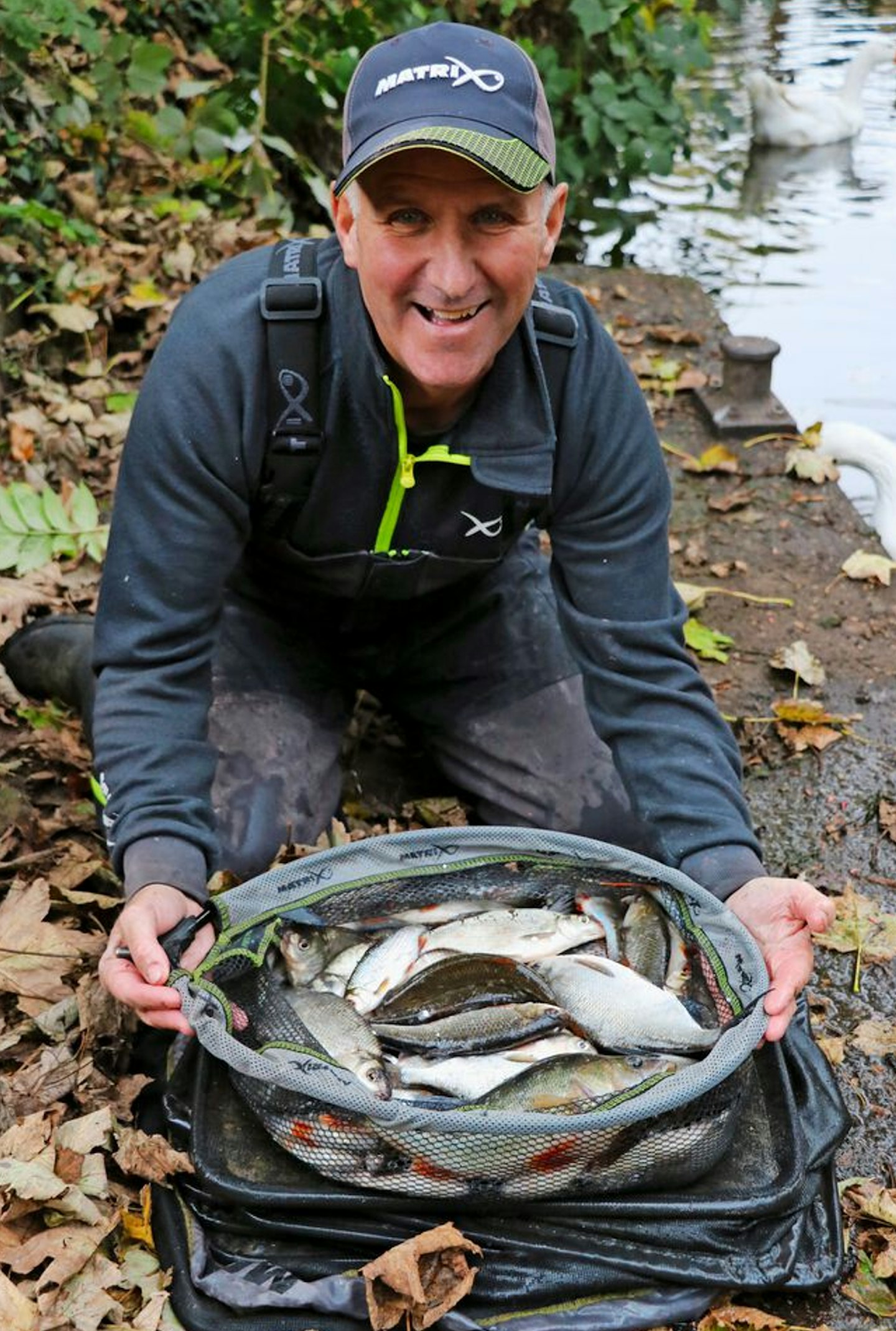There’s no method simpler in fishing than the whip. Taking a piece of line, attaching it to the end of the whip and then swinging the rig out, it’s a more technologically advanced version of the good old stick and length of line fishing seen in the Huckleberry Finn books!
Yet the whip remains, under the right conditions, the most effective fish-catching approach there is, unbeatable for speed and ease of use. Here's how I use it on rivers and canals...

Fish sensible floats
You need some weight in the rig to swing the bait out, so I use between 0.5g and 0.75g. They’re shotted with a bulk and three small droppers. I use a carbon-stemmed MP Roach pattern, to prevent tangles.

Workhorse mainline
Because there’s no elastic, your mainline needs to be robust. I fish 0.14mm Matrix Power Micron. One big benefit of a thicker line is that it’s less prone to becoming damaged and then tangling.

Keep it old school
I still use an old-style connector that works on a hook and sleeve system. This is a lot faster to attach a rig to than using the double float silicone method. It’s also easier to use with cold fingers!

Pick the right hook
Forget heavier hooks – I use the Matrix MXB-2 in sizes 18 and 20. It’s still fine-wired, but it won’t bend out of shape provided you strike sensibly. Be firm when the float goes under, but not aggressive.

Feed by hand
I use a lot of groundbait, feeding regular small balls of Hinder’s Supercharged Natural Black plus a little brown crumb. These concentrate the fish in a rough area where I can then swing the rig out to.

Loosefeed pinkies
Even though I want bites to come as soon as the float settles, I’ll still loosefeed fluoro pinkies. This is to help pull more fish into the swim, and just half-a-dozen pinkies each cast will be enough.

